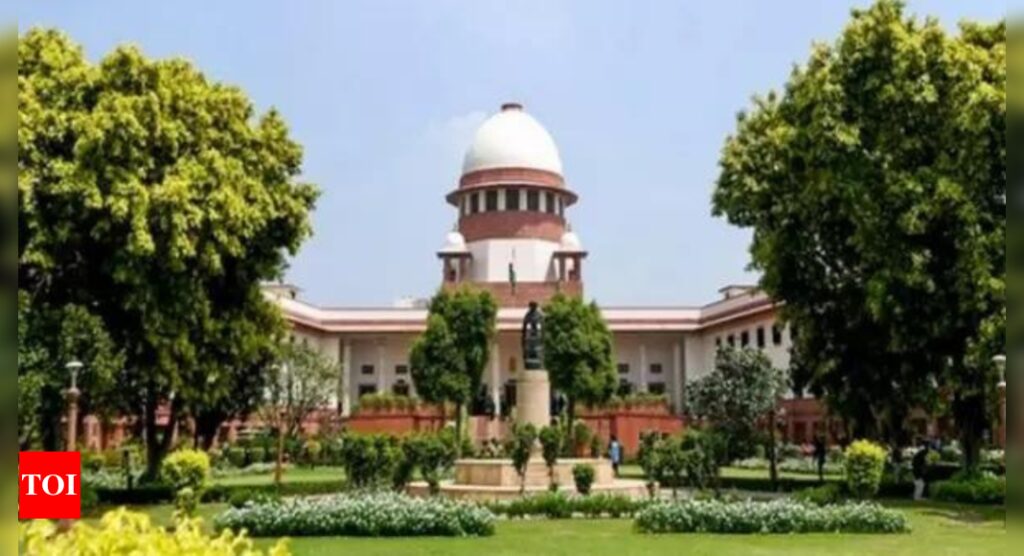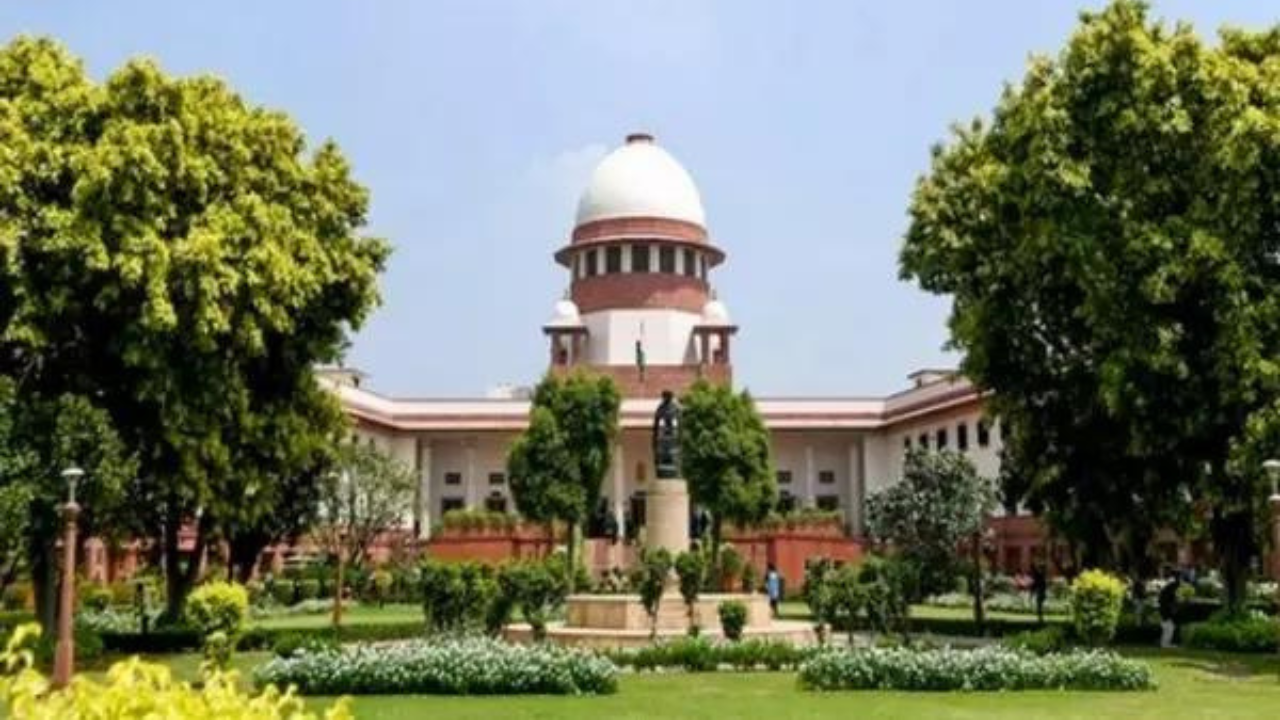[ad_1]
Justice Kaul said this appeared to be incongruent with repeated SC rulings that the Constitution is a dynamic document. “It is difficult to accept your argument that neither the assembly nor Parliament can touch Article 370 even when it has the power to amend all provisions except the basic structure provisions. It is difficult to accept that there can never ever be a process by which Article 370 can be abrogated even if the people of J&K want it. If that is so, then we might have to create a new category of unamendable provisions apart from the basic structure,” headded.
Arguing for National Conference leader Mohammad Akbar Lone, senior advocate Kapil Sibal told the bench, also comprising Justices Sanjiv Khanna, BR Gavai and Surya Kant, that any alteration to Article 370 could have been done only by the J&K Constituent Assembly, which framed the state constitution. Article 370 was a solemn promise of the Union government to the state, he stressed.
Once the Constituent Assembly lapsed in 1957 without providing any mechanism in the J&K constitution to amend, alter or abrogate Article 370, it assumed a permanent character which the Union government was aware of since 1957 till August 5, 2019, when it was abrogated “through an amazing piece of handiwork containing a mosaic of illegalities that deserve to be junked by the SC”, Sibal said.
Justice Khanna asked, “If Parliament, in another Constitution (application to J&K) amendment order, plenty of which have been issued over the years applying various constitutional provisions to the state, dictates application of all provisions of the Constitution to J&K, what will be left of Article 370?”
Faced with scepticism, Sibal toned down his arguments and explained, “All that we are saying is that the legislative assembly of J&K does not have the power under Article 370(3). What Parliament did was to convert the legislative assembly into the Constituent Assembly of J&K. This is shocking. When the state legislature cannot amend Article 370(3), Parliament can exercise only that much power which the state legislature has. That’s why there is an interplay between the Constitution of India and J&K and the Constitution (Application to J&K) orders passed in consultation/concurrence with the state.”
The CJI said, “From the provisions of the J&K constitution, it is clear that it is subordinate to the Indian Constitution. Which is why the state legislature is barred from moving any bill to amend the provisions of the Indian Constitution applicable to J&K. The state legislature cannot change the relation between J&K and India.”
Sibal agreed but also argued that this supported his argument about Article 370 having acquired permanence. “In the case of abrogation of Article 370, Parliament assumed the role of Constituent Assembly of the state, which had ceased to exist since 1957, and recommended to itself on behalf of the Constituent Assembly to abrogate Article 370 through a process which is unknown to law. Worse, it unprecedentedly, in an arbitrary manner, converted a state into two UTs,” Sibal said.
Sibal will resume his submissions on Tuesday.
[ad_2]
Source link











More Stories
Congress replaces Kamal Nath, names an OBC as Madhya Pradesh chief | India News
Fire breaks out in ITBP camp in Srinagar; none hurt | India News
Parliament Security: Co-villagers give clean chit to Lalit Jha, parents to move court | India News